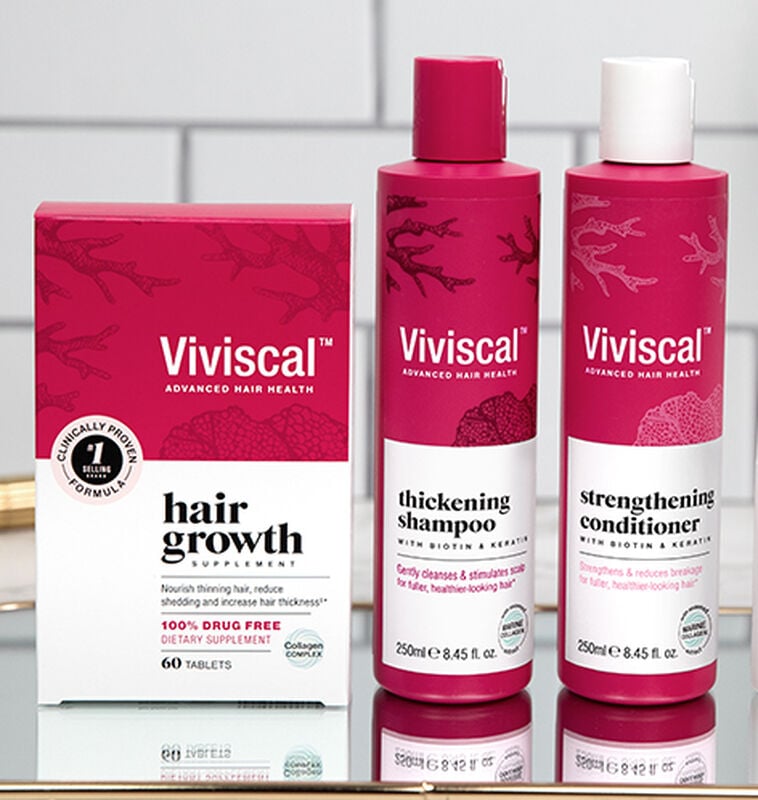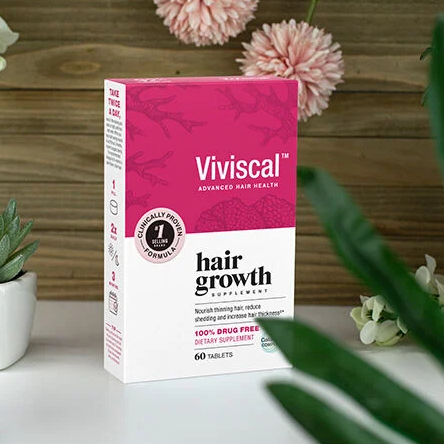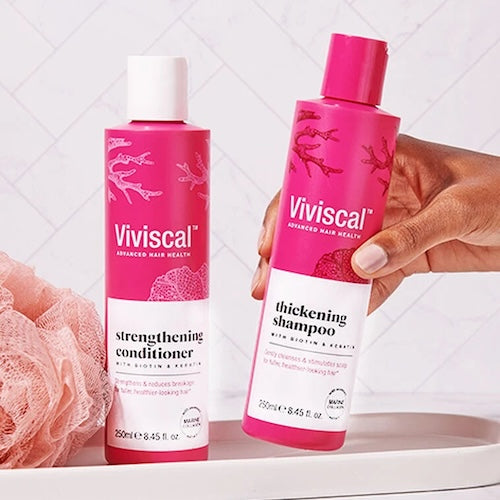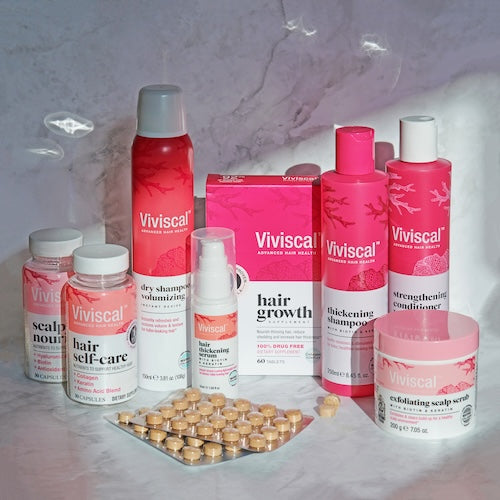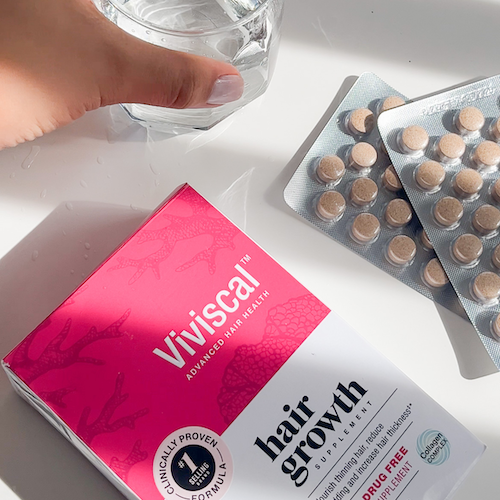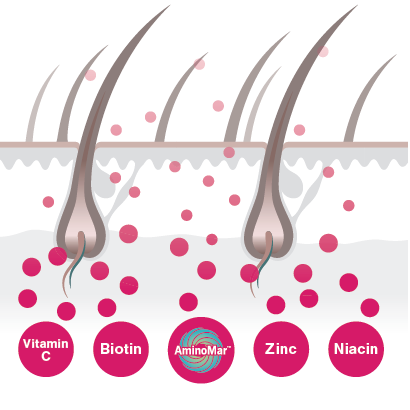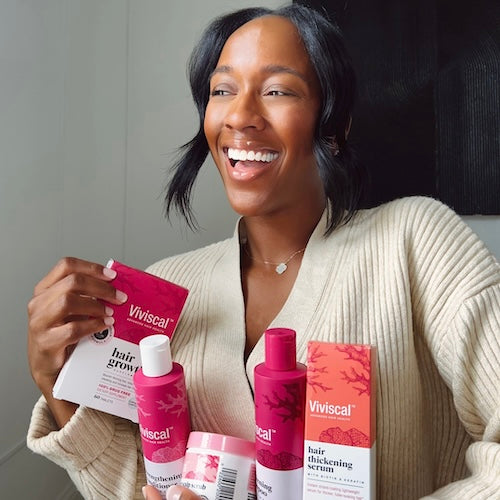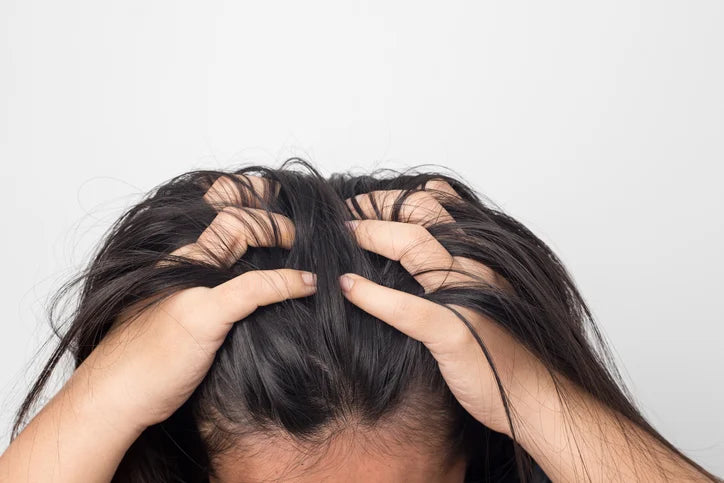If you live in a cold climate, you know that dry skin in winter is just a fact of life. But what about a dry, itchy scalp? Your scalp is skin after all, so it makes sense that if you often experience dry skin in the winter, you’ll have a dry scalp in the winter as well! Luckily, you’re not stuck with this condition. Keep reading to learn how to deal with a dry scalp in winter.
What is Dry Scalp in Winter?
If your scalp feels tight or itchy, a dry scalp is most likely to blame. Sometimes dry scalp also causes flakes that look like Dandruff. However, dry scalp is not the same as dandruff, which is usually caused by an excess of moisture on the scalp. Your hair may also be affected. Hair may look dry and dull, and may even fall out.

Why Do I have a Dry Scalp in Winter?
Dry scalp happens when your skin has too little moisture. If you’re experiencing a dry scalp in winter, chances are you’re experiencing dry skin in other places like your face and hands as well.
Dry scalp is triggered by:
- Cold, dry air
- Dry, hot air from heating systems
- Harsh products that strip the scalp of its natural protective oils
- Washing hair with too-hot water
- Shampooing your hair too often
Keep reading to learn how to mitigate some of these dry scalp triggers.
How to Deal with Dry Scalp in Winter
1. Switch to a Gentle Shampoo
Not all shampoos are created equal. If you have a dry scalp in winter, skip any shampoo marketed for oily hair and instead choose a shampoo with a gentle, moisturizing formula like Thickening Shampoo.
2. Turn Down the Temperature
Long, hot showers may feel amazing when the weather is cold, but unfortunately, they’re not great for your skin. Why? Because hot water disrupts your skin’s natural protective barrier, allowing inner moisture to escape.
Of course, we’re not advocating for taking cold showers every day! But when washing your hair, opt for lukewarm water instead of hot.
3. Put Down the Hairdryer
We’ve already mentioned that hot air is a trigger for dry scalp in the winter, so it makes sense that avoiding your hair dryer may help to treat or prevent a dry scalp.
If you can’t skip the hairdryer altogether (after all, going out in the cold with wet hair isn’t a great solution either), try drying your hair on a lower heat setting.

4. Adjust Your Shampooing Frequency
How often you wash your hair may also contribute to a dry scalp in winter. Many hair experts recommend that you wash your hair around 2-3 times per week. However, everyone’s hair is different, so you’ll need to experiment to figure out what schedule works best for you.
5. DIY a Scalp Scrub
If changing up your washing routine isn’t helping, try a DIY moisturizing scrub. Combining sugar with coconut oil creates a DIY scalp scrub that buffs away dead skin and imbues your scalp with moisture. Apply to damp hair and massage the scrub into your scalp for a minute or two, then rinse with lukewarm water.
6. Always Use a Conditioner
We hope this goes without saying, but you should always use a conditioner after shampooing your hair. Shampoo and conditioner are formulated to be used together, with the conditioner replenishing any moisture lost in the washing process.
Typically, we recommend that you only apply conditioner on the mid-lengths of your hair to the ends. However, if you have a dry scalp, try applying the conditioner to your scalp and allowing the product to sit for a minute or two before rinsing out.
7. Try a Hair Mask
Using a weekly deep conditioning Hair Mask can also do wonders for a dry scalp in winter. Hint: when you sign up for a Viviscal Subscription, you’ll receive two exclusive nourishing hot oil masks from St. Tropica as a free gift!
Have you ever experienced dry scalp in winter? How did you treat it? Share your experience with other readers in the comment section below!
